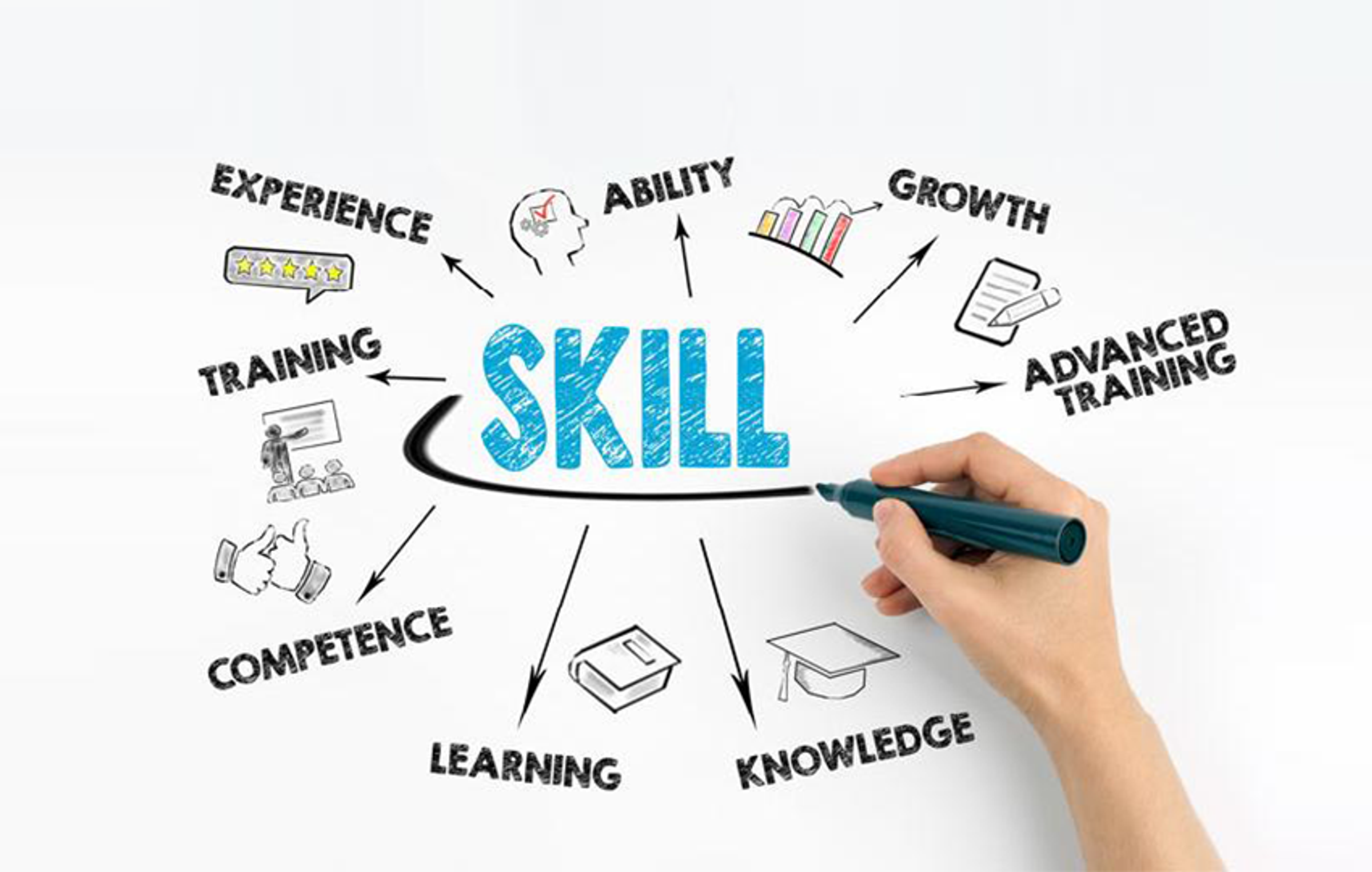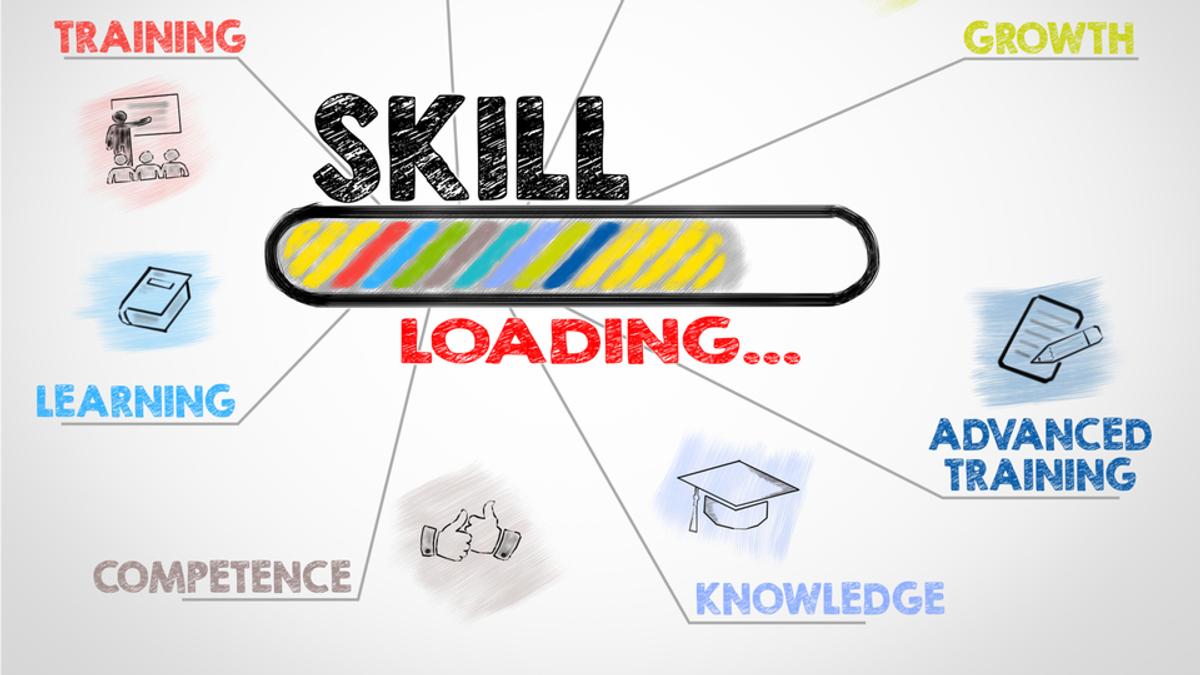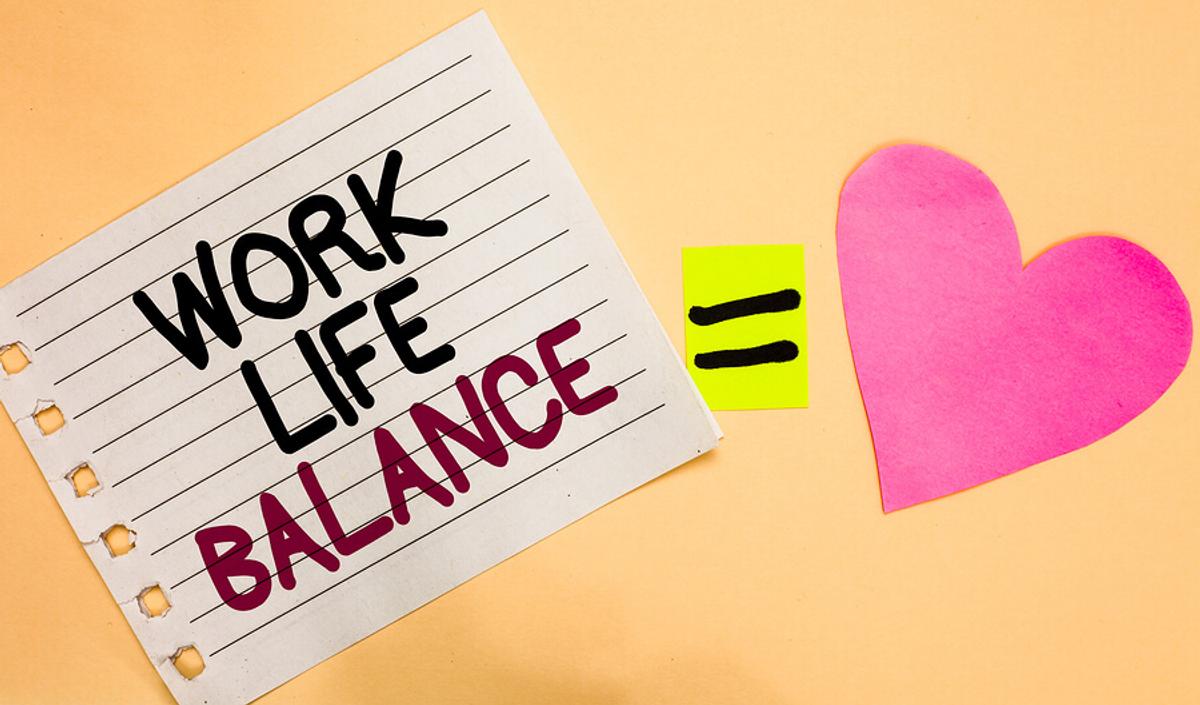Transition and Pathways

BOOST YOUR EMPLOYABILITY POST HIGH SCHOOL
If you’re still at high school and already looking for ways to give your employment prospects a boost once you graduate, there’s a few things that you can do:
- Actively engage in career education - ask questions, search for information, read resources, send an email to info@studyworkgrow.com.au if there’s any specific careers you’d like to know about.
- Explore Work - speak with people already working, find work experience, watch videos about jobs and readjob spotlights, learn about your rights and responsibilities.
- Apply for part-time or casual jobs – create a resume and keep it updated, add to your skills, get practical experience
“Education and training, combined with active engagement with employers while at school, have been shown to be key factors in supporting that transition and building skills to help young people navigate and prepare for work.” (aph.gov.au)
WINNING
When you take on part time work while you’re still at school, not only will you be earning your own money, learning new technical skills and gaining great life skills; you’ll actually improve your job prospects once school is over. In fact an Education Council report has found that students who are employed in paid work whilst they’re still learning find full time roles faster than students who don’t work part time.
WHY'S THAT?
Part time work, even if it’s in a totally different field, will give you work-ready skills that make your more employable.
For example, if you work part time at a fast food restaurant while you’re still at school and/or university, you’ll improve your ability to work with others, your communication, customer service skills, planning and time management, plus you’ll develop your work ethic, which keeps you selling fries hour after hour while your peers are out partying on a Friday night. Even if you end up working in healthcare, the skills you pick up flipping burgers will come in handy (maybe not the actual burger flipping…).
Employers will see that you’ve got a positive attitude and good work ethic, you’ve had experience in the workplace and got an idea about what it takes to succeed. You may also have skills that will be valuable to them and reduce the amount of training they’ll need to provide. You will also have an understanding of work and workplaces which could help make the transition to a new or full-time career easier, both on you and your employer.
If you’ve been employed previously, then prospective employers can check with your referees, learn about your strengths and understand how valued you were as a part of the team. That provides some indication of whether you are going to be a responsible, reliable and hard-working addition to their own crew.
THE FACTS
The Education Council Report found that:
- By working 2,000 hours in a relevant job, you could accelerate your transition from full-time education to full-time work by 5 months
- By working 5,000 hours, you could accelerate the transition by 12 months
This means that it’s been proven that the more hours of work experience you accrue while you’re still at school, the sooner you could be employed in full-time work after leaving school.
So for example, if the Australian average transition period between school and full-time work (which doesn’t include if you’re studying, being a carer or working part time already) is 4 years. Your part time work experience could significantly reduce the time it’ll take you to start working once you start applying. How great is that?
“Part-time jobs while studying are fundamental parts of young people’s lives, and often their school-day jobs continue well into their post-school careers.” - Erica Smith, Federation University
THE BENEFITS OF WORKING PART TIME THROUGHOUT HIGH SCHOOL
High school is designed to teach us lots of different things, but there’s nothing like real first-hand experience. Work experience opportunities are thin on the ground at the minute, and the evidence shows us that you need to stick with a part time job for a significant amount of time for it to make a difference. There’s nothing that can replace the experience you can gain working part time.
Just like school, workplaces are powerful learning environments, offering opportunities to learn more and extend the knowledge you’ve gained from school. You could gain technical skills and hands-on experience from experts using real-life equipment. Learn new soft skills e.g. communication, risk management, customer service and problem-solving, and get the chance to develop ones you’ve already got.
In short, part time work could:
- Complement what you learn at school
- Provide practical experience
- Teach you new skills
- Help you to network
- Make the transition from school to full time work easier and faster
- Provide recruit opportunities for full time work (your part time employer recognises your value and potential and offers you a full time job)
- Motivate you to work harder at school or find a rewarding full time career
Interested in reading all the facts, stats, findings and fine print? Head over to the full report here:Education Council 2020.
HOW TO FIND PART TIME WORK
Thinking that you should do yourself a favour and find some part time work?
You could:
- Check local noticeboards and shop windows near you
- Search online
- Check out ourSummer Jobs page for lots of tips and ideas
- Speak to family friends and your friends’ parents – let them know you’re looking
- Type up your resume and a few cover letters then hand deliver them to businesses in your area
- Spend some time calling businesses that you’d be interested in working for
REMEMBER TO FIND A HEALTHY WORK-LIFE BALANCE
If you’re feeling motivated to go out and start working right now, brilliant. Just remember that you’ll need to find a job that still allows you to get all your schoolwork done, take part in your hobbies and spend some quality time with friends and family.
Working too hard might just mean you burn out and that’s not going to help your long-term prospects. It’s easier to start working just a few extra hours a week and build up to more, if or when you feel like you’re coping ok. Bear in mind that if you can’t find a job, or just don’t feel ready to work then that’s ok too, there are other ways to pick up experience.
Mr Richard O'Connell | Transition and Pathways Specialist




